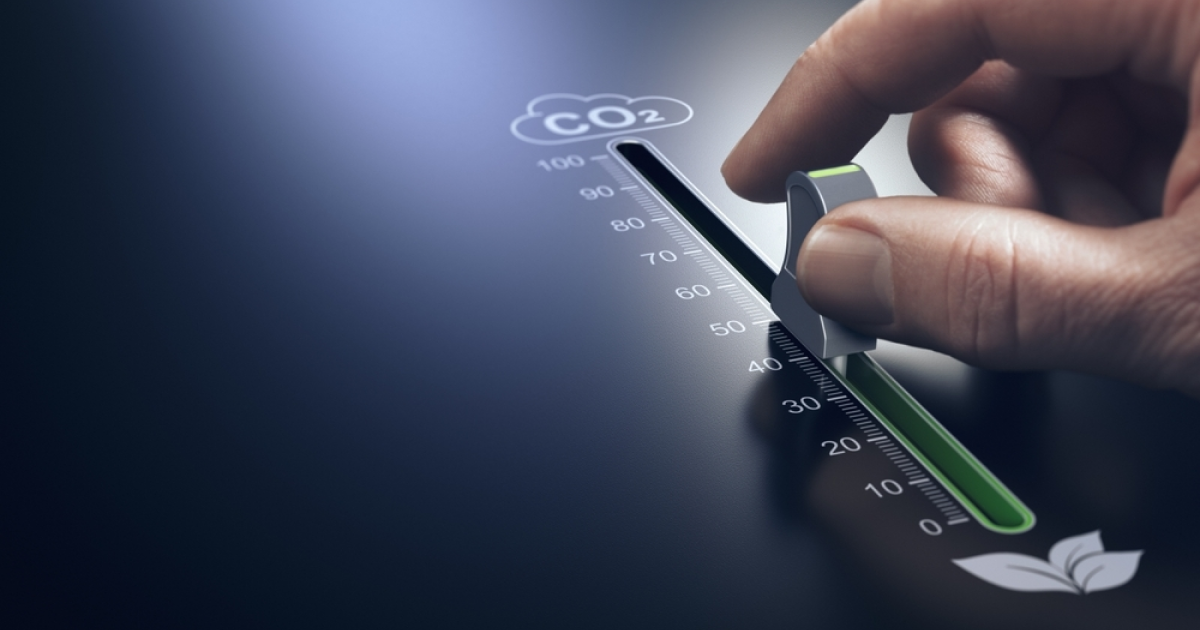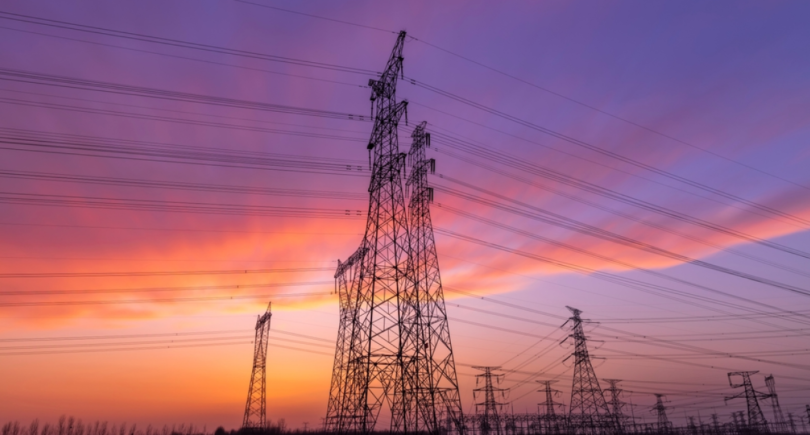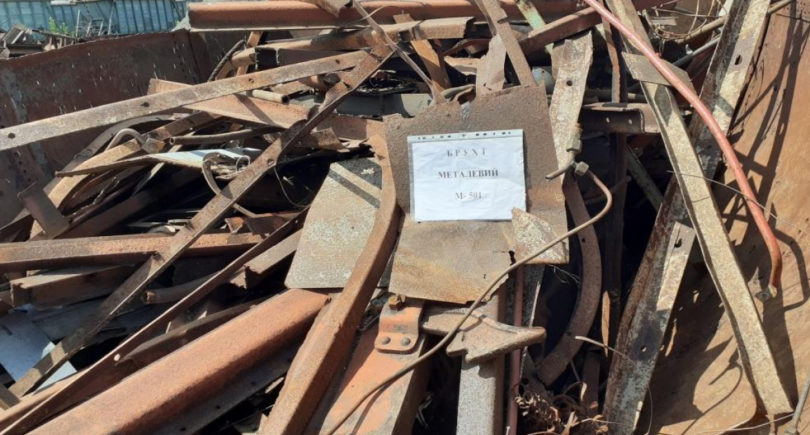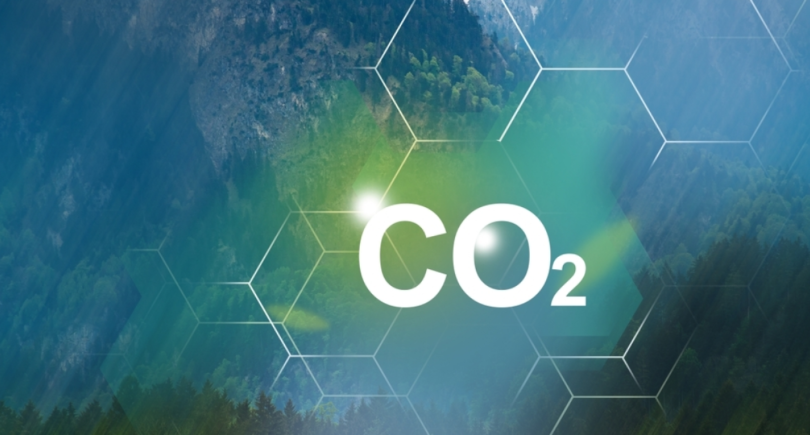
News Industry ArcelorMittal 1804 22 April 2025
The company will publish revised decarbonization forecasts in a more stable political environment
The transition to direct reduced iron (DRI) steelmaking technologies based on clean hydrogen and carbon capture, utilization and storage (CCUS) is unlikely to be economically feasible before 2030. This is stated in the company’s 2024 sustainability report.
According to Aditya Mittal, CEO of ArcelorMittal, for this to happen, policies are needed to overcome the high capital and operating costs associated with the relevant processes.
“Until there is clarity on policy, there is currently too much uncertainty to make useful predictions about how fast we can reduce our emissions in the next five years. What we can achieve will depend critically on how the regulatory environment develops this year, especially in Europe,” he said.
Aditya Mittal added that European leaders have taken the time to address these important issues. Therefore, he hopes that the Steel and Metals Action Plan will be translated into swift action.
According to the report, ArcelorMittal intends to publish revised decarbonization forecasts when the political environment becomes more stable.
It is noted that the absolute emissions of ArcelorMittal’s operating perimeter last year were almost 50% lower compared to the operating perimeter in 2018. During this period, the company invested $1 billion in decarbonization projects, including capital expenditures related to electric arc furnaces in Sestao and Gijón (Spain), carbon capture and utilization in Ghent (Belgium), etc. The company also invested in renewable energy production and increased its scrap processing capacity.
In 2024, the share of ArcelorMittal steel produced in electric arc furnaces accounted for a quarter of the company’s global production, compared to 19% in 2018.
Over the next five years, the company’s decarbonization efforts will focus on diversifying its metal supply, improving energy efficiency, securing clean energy and transforming its steelmaking assets by continuing the transition to EAF. In the long term, ArcelorMittal plans to shift to low-emission pig iron production and implement carbon capture and storage.
All capital expenditures related to decarbonization will be kept within the annual capital investment budget of $4.5-5 billion.
As GMK Center reported earlier, in November 2024, ArcelorMittal suspended part of its European decarbonization plan, citing high energy costs, policy uncertainty and weak demand. Genuino Cristino, the company’s CFO, explained that while customers are widely interested in low-carbon steel, their willingness to pay premiums and therefore actually buy such products is limited.




